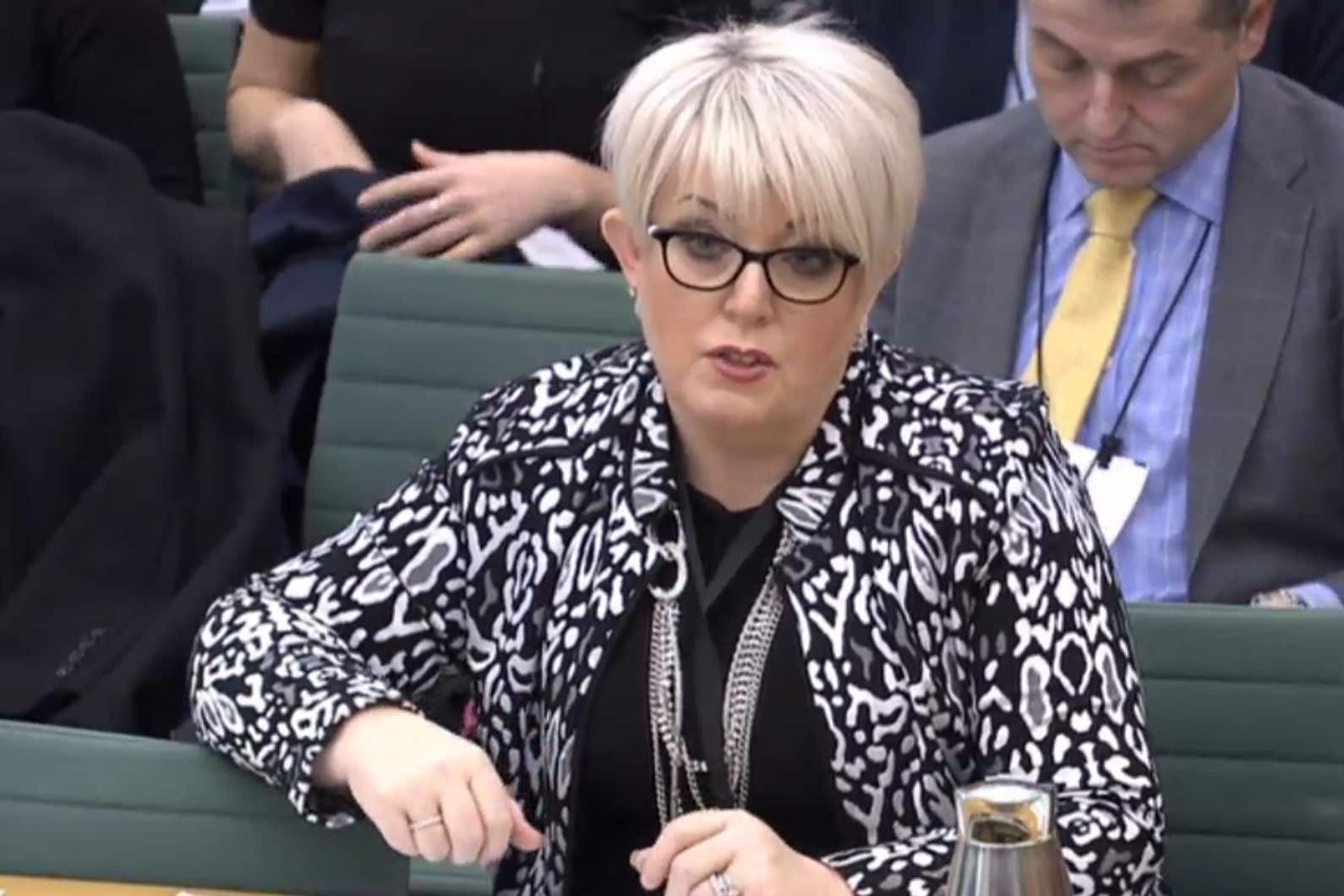Commissioner: Regrettable some victims not told of early release of offenders
Downing Street acknowledged it was ‘incredibly difficult’ for victims to know that the offenders were being released early.

Your support helps us to tell the story
From reproductive rights to climate change to Big Tech, The Independent is on the ground when the story is developing. Whether it's investigating the financials of Elon Musk's pro-Trump PAC or producing our latest documentary, 'The A Word', which shines a light on the American women fighting for reproductive rights, we know how important it is to parse out the facts from the messaging.
At such a critical moment in US history, we need reporters on the ground. Your donation allows us to keep sending journalists to speak to both sides of the story.
The Independent is trusted by Americans across the entire political spectrum. And unlike many other quality news outlets, we choose not to lock Americans out of our reporting and analysis with paywalls. We believe quality journalism should be available to everyone, paid for by those who can afford it.
Your support makes all the difference.Some victims have been left unaware of the early release of the person responsible for committing a crime against them, according to the Victims’ Commissioner who said she had called for assurances this would not happen.
Baroness Newlove branded this “regrettable” on the eve of hundreds of inmates being let out of jails in England and Wales on Tuesday in an attempt to ease overcrowding in prisons.
She said the early releases are “distressing for many victims who rightfully expect offenders will serve the sentence handed down by the court”.
From the beginning, I sought assurances that all impacted victims would be informed of any early release dates...I understand this has not been possible in every case, leaving some victims unaware of their offender’s early release.
Calling for “robust release plans”, she said people’s safety must not be “in any way compromised” and that anyone found to breach their licence conditions must be immediately sent back behind bars.
The Victims’ Commissioner for England and Wales acknowledged the situation with overcrowded jails had “reached a tipping point, leaving the Government with no easy solutions”.
But she said victim safety “must remain the absolute priority” and she urged that the probation service must be well-resourced to allow them to manage criminals as they head back into the community.
She said: “From the outset, my focus has been on scrutinising the release arrangements with ministers and officials and ensuring that victims’ concerns are raised at the highest levels. My priority is that victim safety is not in any way compromised.
“Thorough risk assessments and robust release plans are paramount. The Probation Service will play a critical role in managing these offenders in the community and must be properly resourced to do so.
“It is also imperative that anyone who breaches their licence conditions must be immediately recalled to custody, regardless of pressures on prison population. This is vital for public safety and to reassure victims.
“Clear and timely communication with victims is crucial to building trust and confidence. From the beginning, I sought assurances that all impacted victims would be informed of any early release dates, affording them the opportunity to request protective measures.
“I understand this has not been possible in every case, leaving some victims unaware of their offender’s early release. While I recognise the challenges in reaching certain groups of victims, this is regrettable and must be addressed.
“As Victims’ Commissioner, I am concerned about the impact of these early releases on victims’ confidence in our justice system. It is essential that transparency and rigorous oversight guide our approach. Victim safety must remain the absolute priority.
“We now owe it to victims to ensure we swiftly steer our justice system towards more sustainable footing.”
Downing Street acknowledged it was “incredibly difficult” for victims to know that the offenders were being released before completing their sentence.
Prime Minister Sir Keir Starmer said at the weekend that he had been forced into the position because the previous Conservative government had not built enough prison capacity.